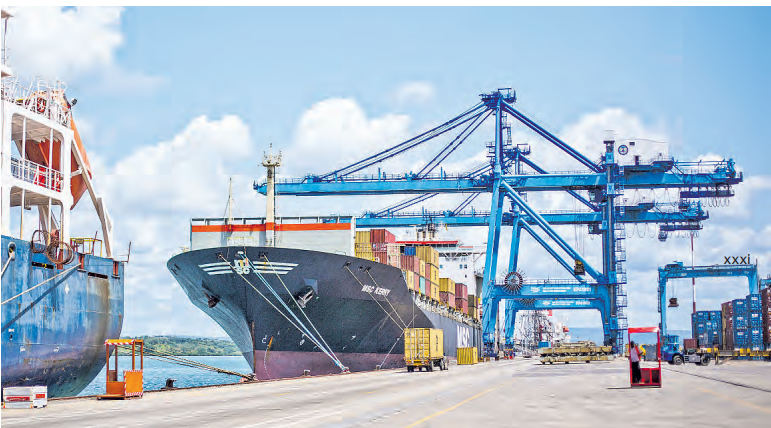
Consumers are staring at a rise in commodity prices as the Kenya Plant Health Inspectorate Service (Kephis) moves to implement new inspection fees for ships and containers entering and exiting the country.
This is on phytosanitary standards (relating to the health of plants, especially with respect to the requirements of international trade) where charges came into effect on December 1, with the authority planning to meet stakeholders later on December 10, to discuss the enforcement process and associated charges.
“The inspection of maritime vessels and containers is a vital intervention in mitigating phytosanitary risks and ensuring compliance wth both national and international standards,” Kephis managing director Theophilus Mutui notes in a letter to stakeholders, seen by the Star.
The fees include 50 cents per kilogramme, with a minimum charge of Sh100, and an additional Sh500 per phytosanitary certificate and inspection. This is targeted at all fresh produce exports.
For imported agricultural produces, traders will pay 50 cents per kilograme plus Sh600 per plant import permit.
Kephis will also charge between Sh500 and Sh10,000 for inspection of ships depending on the size (including dhows and canoes), aircrafts, containers and other tests such as moisture content determination.
These are under physical tests, examination and inspection by the state corporation mandated to assure quality of agricultural produce and products, while also preventing the introduction and spread of pests and diseases.
Shipping lines have already reviewed their charges to cover for the new fees by Kephis.
Current cost per one 40-foot reefer container for instance, at an average of 22 metric tonnes of fresh produce has increased from Sh1, 500 to Sh11,000 for inspection while phytosanitary has increased from Sh500 to Sh11,500.
If a business is, say, exporting an estimate of 400–40 foot reefer units of fresh produce, it means annual phytosanitary costs will increase from Sh600,000 to Sh4.6 million, a 670 per cent increase.
The Shippers Council of Eastern Africa (SCEA) yesterday questioned why Kephis was holding a stakeholders engagement after having already implemented the fees, without proper consultation.
“The inclusion of vessels and containers for inspection is bound to attract additional charges from the shipping lines which will be passed to the shippers and who are already suffering an avalanche of increased charges,” SCEA chief executive Agayo Ogambi said.
There is also duplication of fees by the different state agencies at the ports of entry, the council noted.
“Kephis and the AFA (Agriculture and Food Authority) need to agree on who is to charge for plant inspection permit and which the two are charging separately,” Ogambi said.
The fees, in addition to higher freight and insurance charges as a result of the global maritime disruption caused by the Red Sea attacks, is likely to hit consumers in Kenya hard as the country remain a net importer.
Shippers have also warned that the move has increased freight costs which will make Kenyan products more expensive in the global markets, hence drop in sales and earnings for the country.
“These new fees are unacceptable. They will lead to uncompetitive of our exports,” Ogambi said, “We need to re-think funding of the various government agencies involved in trade facilitation. That they have resorted to raise revenue through the levies for their sustainability is increasing the costs of business, making Kenya an expensive business environment.”











